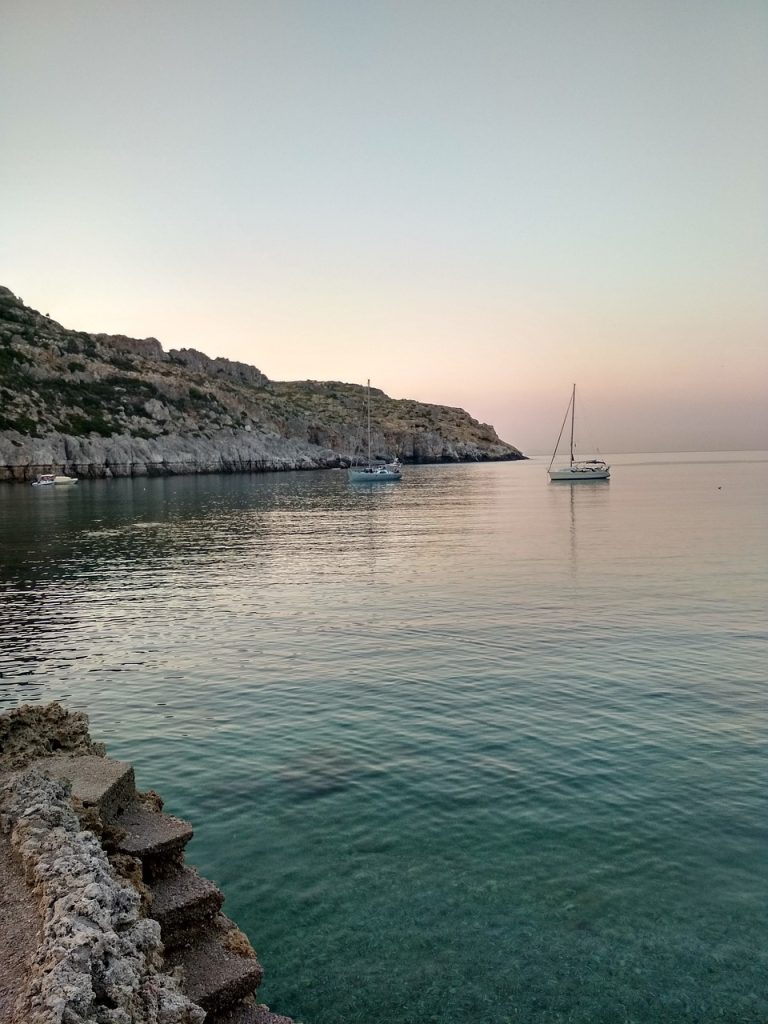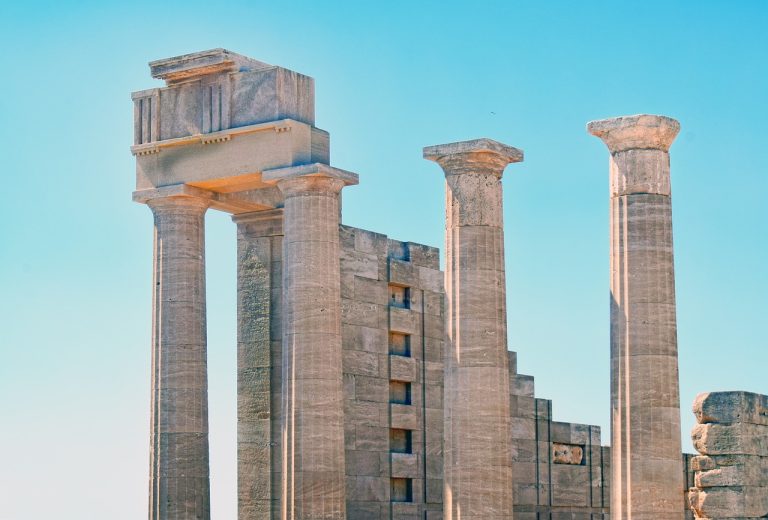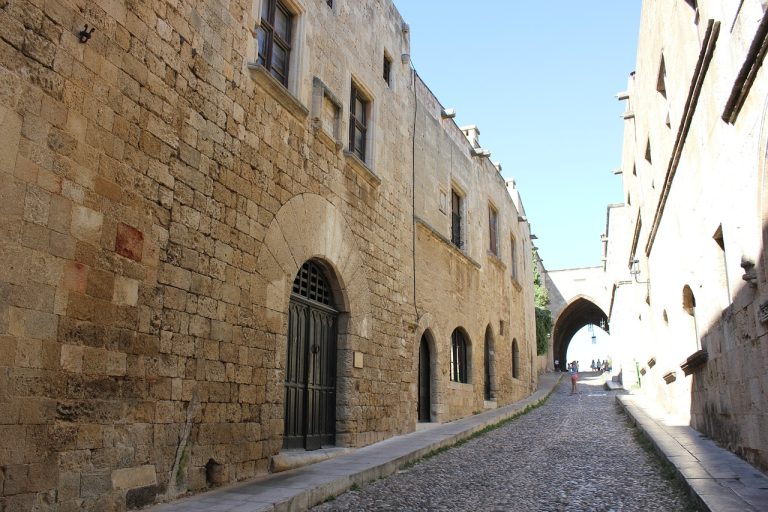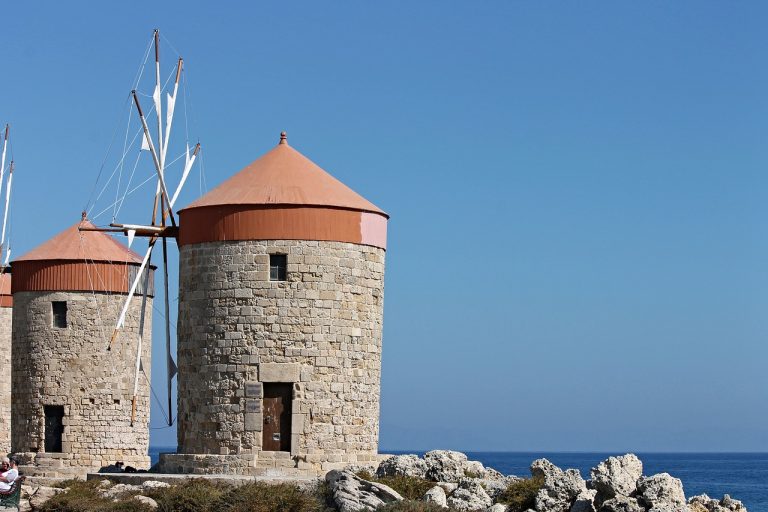Rhodes Greece Video
The Cultural Evolution of Rhodes Greece
Rhodes, an island in Greece, has a rich history and a vibrant culture that has evolved over the centuries. From ancient civilizations to medieval knights, Rhodes has been influenced by various cultures and has become a unique blend of traditions and heritage. This article explores the cultural evolution of Rhodes, highlighting its significant historical periods and the diverse cultural influences that have shaped the island.
Ancient Civilizations
- Greek Civilization: Rhodes was first inhabited by the Greeks in the 2nd millennium BCE. The ancient Greeks established several cities on the island, including the capital city of Rhodes.
- Roman Influence: In 42 BCE, Rhodes fell under Roman rule. The Romans introduced their own cultural elements, such as Roman architecture and governance systems.
- Byzantine Era: From the 4th century CE, Rhodes became part of the Byzantine Empire. Byzantine culture and Christianity heavily influenced the island during this period.
The Greek civilization brought the foundations of democracy, philosophy, and arts to Rhodes. The island flourished under Greek rule, with notable architectural and artistic achievements.
The Roman period saw the construction of impressive buildings, including the famous Colossus of Rhodes, one of the Seven Wonders of the Ancient World.
Many Byzantine churches and monasteries were built in Rhodes, showcasing intricate mosaics and religious art.
Rhodes Greece Image 1: 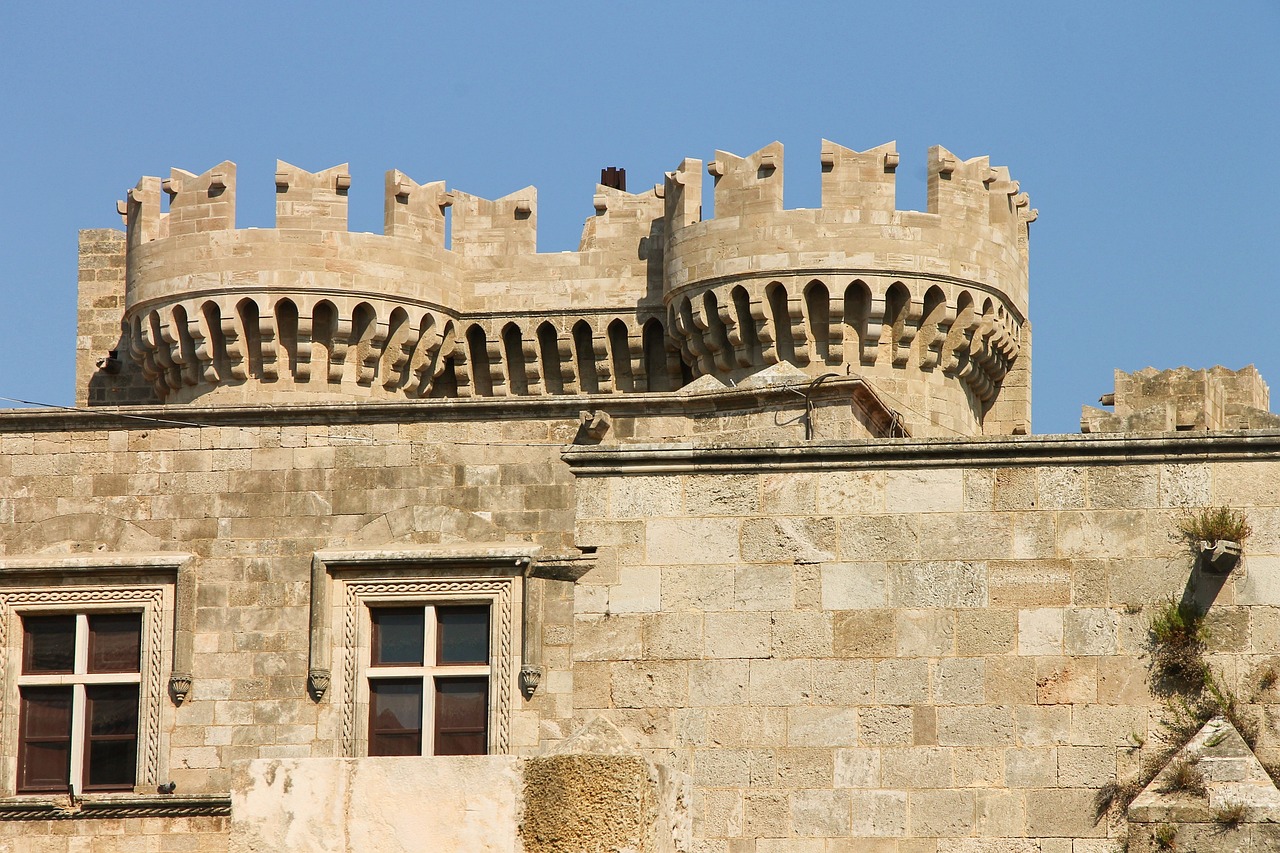
Medieval Knights and Ottoman Rule
- Knights of St. John: In 1309, the Knights Hospitaller, also known as the Knights of St. John, established their headquarters in Rhodes. They built the famous Palace of the Grand Master and fortified the city.
- Ottoman Conquest: In 1522, after a long siege, the Ottomans captured Rhodes and ruled over the island for nearly four centuries.
The Knights brought with them Western European culture, architecture, and chivalric traditions. Rhodes became a major center of medieval Christian culture.
Ottoman influence brought new architectural styles, such as mosques and hammams, as well as Turkish customs and traditions.
Rhodes Greece Image 2: 
Modern Era and Contemporary Culture
- Italian Occupation: From 1912 to 1943, Rhodes was under Italian control. The Italians left a significant mark on the island’s architecture, introducing elements of Fascist architecture.
- Greek Independence: After World War II, Rhodes became part of Greece once again. The island’s cultural identity was reaffirmed, and Greek traditions and customs became prominent.
- Tourism and Globalization: In recent decades, Rhodes has become a popular tourist destination, attracting visitors from around the world.
Italian influence can be seen in the buildings of the New Town of Rhodes, showcasing a unique blend of Italian and Greek architectural styles.
Rhodes celebrates various traditional festivals, such as the Carnival of Rhodes and the Panigiri religious festivals, which showcase local music, dance, and cuisine.
Tourism has led to the growth of international influences, with various cuisines, music, and cultural practices merging with the local traditions.
Rhodes Greece Image 3: 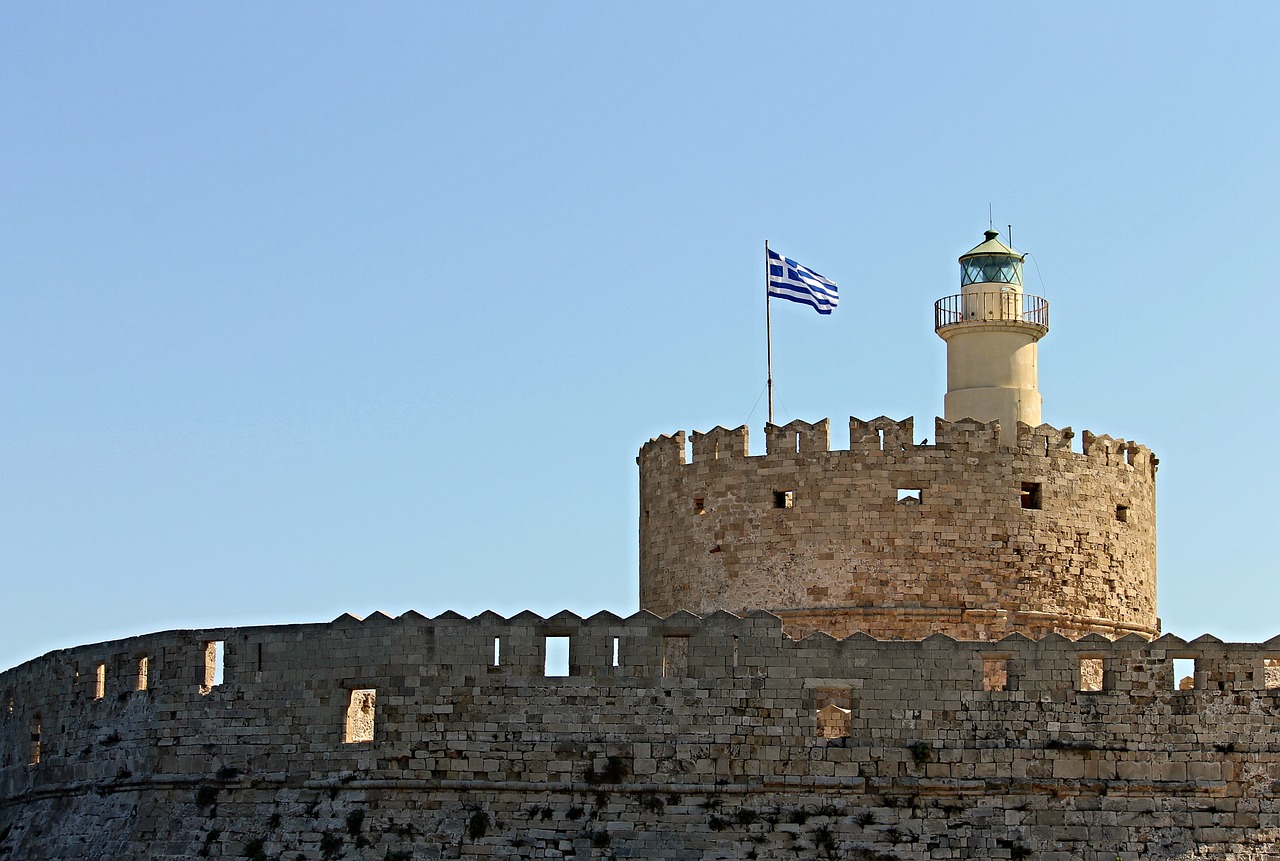
Conclusion
The cultural evolution of Rhodes Greece is a testament to its diverse history and the influences of various civilizations. From ancient Greek and Roman civilizations to medieval knights and Ottoman rule, each period has left its mark on the island’s culture and architecture. The modern era brings a fusion of traditional Greek customs with international influences, driven by the growth of tourism. Rhodes remains a captivating destination, offering a unique blend of history, culture, and natural beauty.
References
- Rhodes Tourism: www.rhodes.gr
- UNESCO World Heritage: whc.unesco.org
- Greek National Tourism Organization: www.visitgreece.gr


